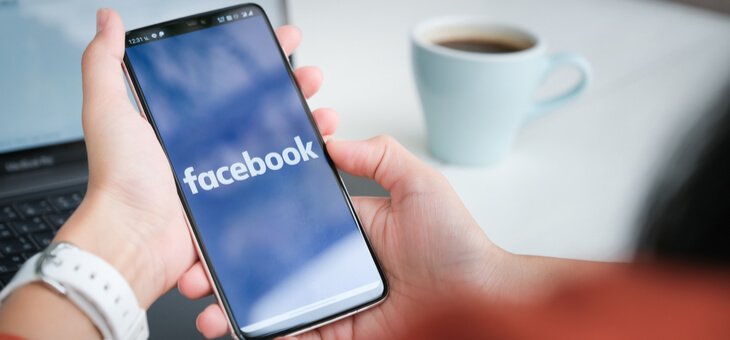People lie. Some believe a ‘white lie’ is better than being blunt and honest. Politicians lie and are champions at being obtuse. Most are adept at dodging questions they’d prefer not to answer.
Studies show the average person lies about twice a day. Ousted US President Donald Trump was estimated to have made more than 30,000 false or misleading claims – or more than 20 a day – during his four years in the job.
But when a politician shares misleading information, i.e. lies, and wants to avoid any form of fact-checking, alarm bells should go off.
United Australia Party (UAP) leader Craig Kelly asked Meta (owner of Facebook and Instagram) to suspend fact-checking during the federal election campaign.
He said the practice amounted to “foreign interference”.
Mr Kelly had his Facebook and Instagram accounts banned last year for allegedly breaching misinformation policies in posts promoting unproven COVID treatments. He said his posts were sound and their removal was censorship.
Mr Trump was kicked off Facebook and Twitter in 2021, and has launched his own social media platform called Truth Social. No fear of censorship there.
Mr Kelly asked Meta officials at a hearing of the parliamentary committee examining social media and online safety to guarantee “there will be no foreign interference by Meta in the Australian election” by blocking, shadow-banning or deplatforming political candidates or parties, the Guardian reports.
He says the policy is potentially a breach of the implied freedom of political speech. Mr Kelly is banned from Facebook but the UAP is not and, according to a Facebook report, the party spent more than $513,000 on ads in the last 90 days – the biggest political ad spend in Australia on the platform, it says. In a separate spending spree over the same period, UAP founder Clive Palmer splashed more than $161,000 on Facebook ads.
Meta responded to Mr Kelly’s request with a firm ‘no’. Its head of public policy in Australia, Josh Machin, said the company would continue to apply its community standards policy.
“If a piece of content violates our community standards then yes, we’ll be removing it,” he said. “And that’s a really important protection that we have in place in order to protect the safety and the integrity of the election campaign.”
Mr Machin said Facebook would not remove politicians debating what a potential government might do, or people expressing their opinions on that.
“We’ve discussed at the committee previously the importance of ensuring that we’re able to have proper democratic debate and that platforms such as ourselves [are] only taking steps in relation to limiting what political parties say when there is a real-world harm element,” he said.
A disregard for facts and a refusal to accept the vote of the people came close to destroying democracy in the US in 2020 , according to some political commentators, while others saw the eventual result as a sign of the system’s strength.
Australia can take comfort from 2018 research that shows voters do penalise politicians for lying, particularly if they make a habit of it.
University of Western Australia academics Ullrich Ecker and Toby Prike wrote in The Conversation that when voters thought politicians were mostly telling lies, their feelings and voting intentions changed.
They said a functional democracy depended on common appreciation of basic facts. “Yes we can debate how to respond to climate change, but genuine debate is only possible if we first accept the evidence that the climate is changing.
“If truth is seen as unattainable, anything goes. And if politicians ultimately do and say whatever they want, why bother engaging with politics at all?”
If you enjoy our content, don’t keep it to yourself. Share our free eNews with your friends and encourage them to sign up.

